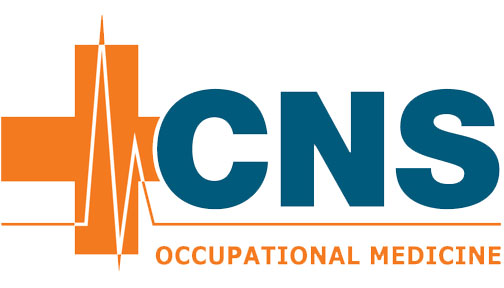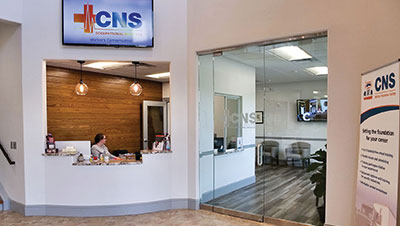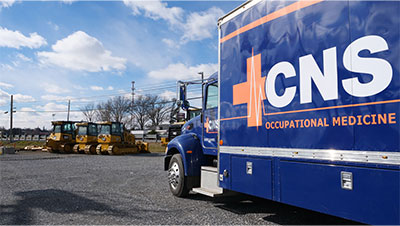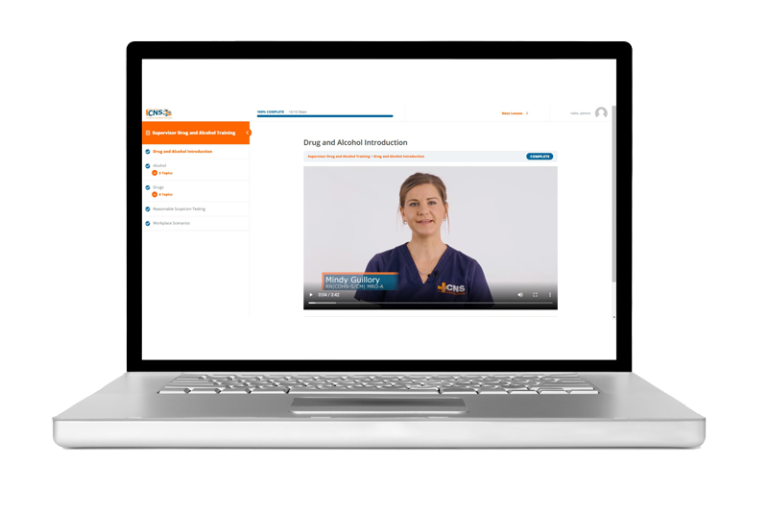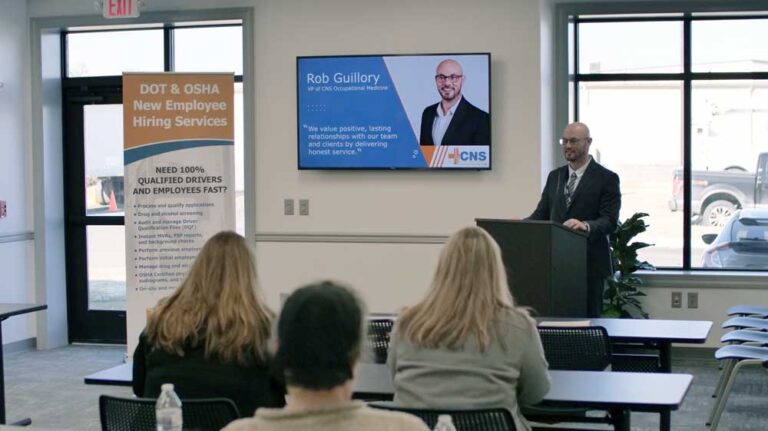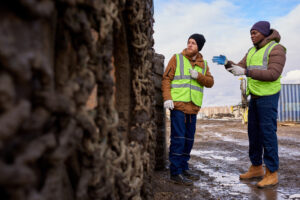As of April 20, 2022 there have been more than 600 detections of avian bird flu in wild birds across 31 states, and 203 detections in commercial and backyard flocks across 25 states in just two months, surpassing the previous worst avian flu outbreak in 2015.
While the CDC says the avian flu detections do not present an immediate public health concern, many chicken, turkey, and duck farms are encouraging their staff use proper PPE.
Additionally, if the virus mutates, the risk to humans (particularly the workers) could be greater and the need for staff to wear N95 masks rises.
After two years of the COVID-19 pandemic, we have learned that N95 masks are considered respirators and are not surgical masks.
What are the OSHA respirator fit test requirements for N95 masks?
Specifically, an N95 mask is a filtering facepiece respirator because of how it creates a tight seal to the face and filters at least 95% of the airborne particles the user would otherwise breathe in.
However, a respirator cannot protect your employees if it does not fit their face. If a respirator doesn’t fit your face properly, contaminated air can leak into the respirator facepiece, and you could breathe in hazardous substances.
When it comes to OSHA, there are unique rules and recommendations surrounding respirators and employee health and safety.
Staff that must use any respirator are required to undergo respirator fit testing, medical clearance, and training as required by OSHA 29 CFR 1910.134.
A respirator shall be provided to each employee when such equipment is necessary to protect the health of such employee. The employer shall provide respirators which are applicable and suitable for the purpose intended. The employer shall be responsible for the establishment and maintenance of a respiratory protection program. The employer is responsible for ensuring that a medical evaluation is performed to ensure that using a respirator will not place a physiological burden on the employee.
A respirator fit test determines if a tight-fitting respirator seals appropriately and does not leak. It should only take place after an employee has been medically cleared to wear a respirator and before the employee actually wears it on the job.
An employee should be fit tested when they are first issued an N95 and then annually thereafter.
If you are considering using N95 respirator masks at the workplace, here are some important tips:
- Comply with the OSHA 29 CFR § 1910.134 regulations
- Perform initial fit tests for each HCP with the same model, style, and size respirator that the worker will be required to wear
- Explain to workers the importance of performing a user seal check each time they put an N95 mask on to make sure they are getting an adequate seal from their respirator
- If the mask seems to be broken, workers should inform their supervisor or their respirator program administrator immediately
Choose CNS Occupational Medicine for your respirator physical and fit test
Our Occupational Medicine Team follows a specific process for every employee that is tested, including a respirator fit test
- Prior to any employee evaluation, employers are required to complete an information evaluation form on each employee
- The employee will be evaluated using the mandatory OSHA “Respirator Medical Evaluation Questionnaire”
- When an employee is medically cleared to wear a respirator, the PLHCP clinician will provide the employee and employer with a written medical opinion for respirator use
- After being medical cleared for respirator use, the employee may undergo a respirator fit test
Schedule your respirator physical, medical exam, and fit test today.
For more information, contact us at 800.551.9816 or info@cnsoccmed.com.
